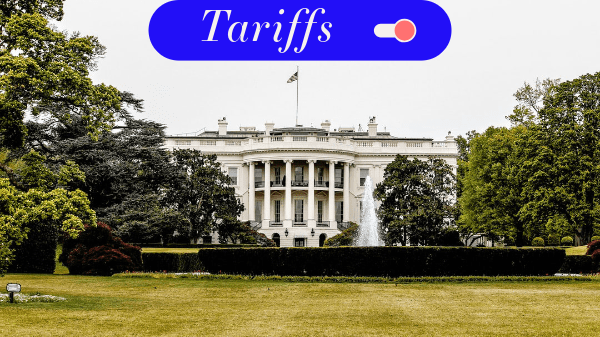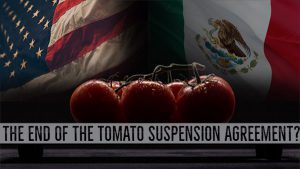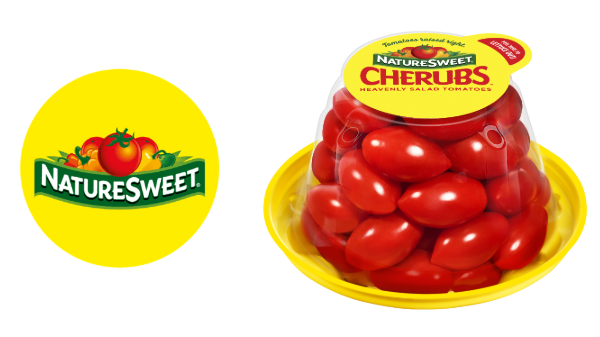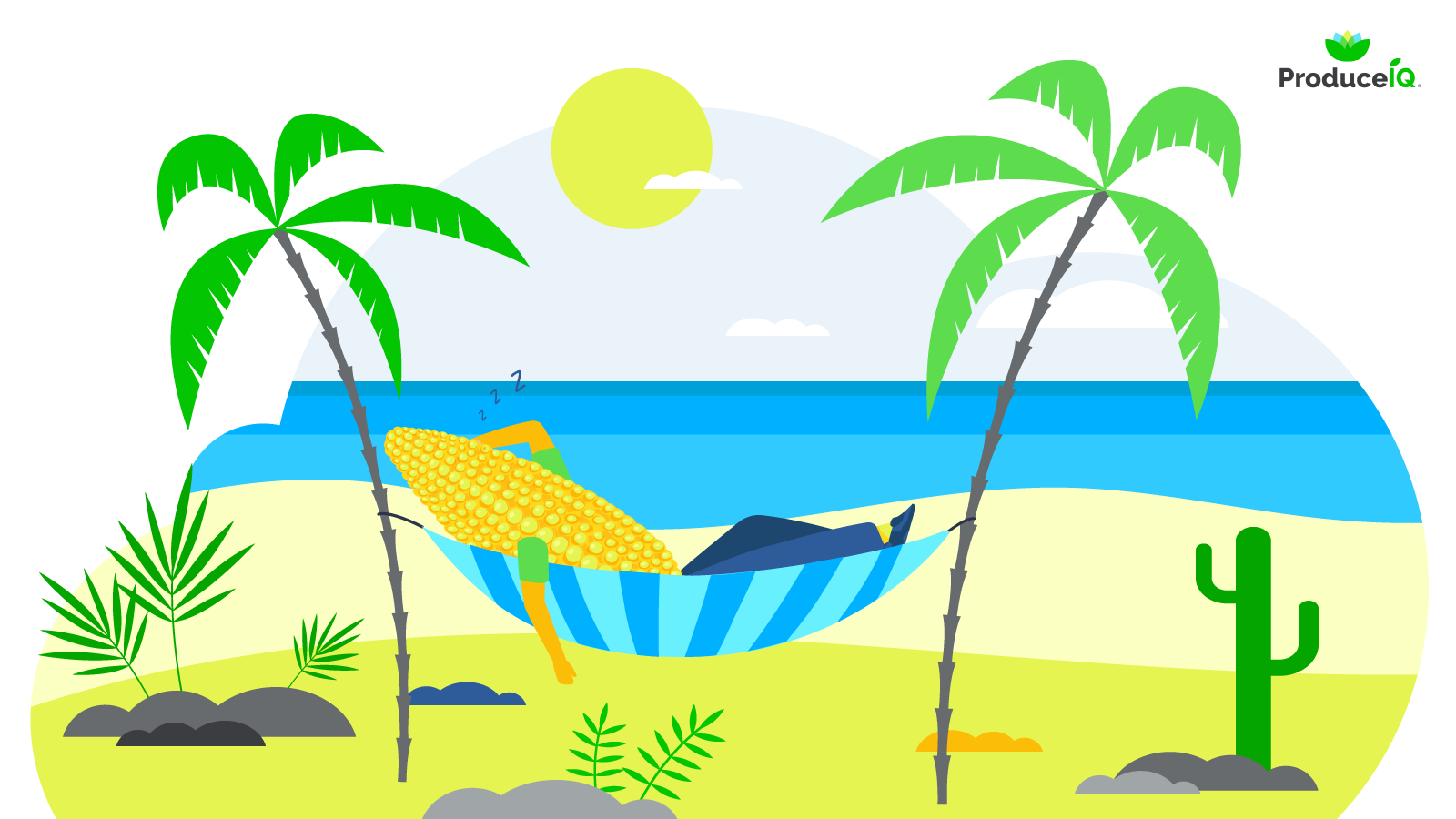Welcome to Blue Book!
Are you ready to join the thousands of companies who rely on Blue Book to drive smarter decisions? View our plans and get started today!
Still have questions? We’d love to show you what Blue Book can do for you. Drop us a line– we’ve been waiting for you.

It’s another week with updates on tariffs and the tomato suspension agreement.
There’s a tariff deadline coming next week. President Trump delayed reciprocal tariff rate increases earlier in July to go into effect August 1.
For produce, USMCA-compliant imports from Canada and Mexico remain exempt, so they are duty-free. The 10 percent tariff on all other countries remains in place.
But on August 1, noncompliant rates will rise to 35 percent from Canada and 30 percent from Mexico.
The changing and disruptive nature of these tariffs prompted a group of North American produce associations, led by CPMA and IFPA, to write a letter to President Trump, Mexican President Claudia Sheinbaum, and Canadian Prime Minister Mark Carney stressing “the interdependence of the North American produce supply chain and the severe consequences tariffs impose on growers, exporters, retailers, and consumers.”
The letter and a complete list of signatories is here.
The associations say they acknowledge each country’s right to address unfair trade practices, but they say that tariffs on fresh produce cause immediate and disproportionate harm to the supply chain. They urge leaders to pursue a collaborative, long-term trade agreement that brings stability and predictability to the marketplace.
Trump has said all along that his tariff plan’s goal is to reduce barriers for U.S. exports and strengthen U.S. production of all goods, thus the reciprocal nature of them this year.
Produce companies, retail and foodservice, and American consumers are getting impatient during these negotiations, so it’s imperative for the Trump administration to deliver some positive results.
A renegotiated USMCA would be such a result.
Tomatoes, specifically, continue to see upheaval since the termination of the tomato suspension agreement.
The White House this week called the new 17 percent tariff on Mexican tomato imports a “game changer” for American farmers. Trump administration celebrates tomato tariff ‘game changer’ for American farmers – Blue Book
In a news release, small-time growers from Alabama, North Carolina, Tennessee, and Arkansas, among others, talked about how beneficial the new tariff is. Interestingly, no one from Florida was quoted.
Separately, NatureSweet said this week that terminating the agreement will upend the fresh tomato supply chain, leading to higher prices, reduced availability, and food safety risks.
NatureSweet calls for negotiation of new tomato trade agreement – Blue Book
NatureSweet urged all stakeholders to return to the bargaining table and negotiate a new agreement that preserves consumer access to safe, high-quality, and affordable tomatoes.
Mexico supplies about 70 percent of tomatoes eaten in the U.S., but considerably less in the summer, when many states produce commercial quantities.
It would not surprise me to see the Trump administration wait to see how the tariff affects the tomato market in the fall, when Mexico comes back in with heavy volume.
Consumers have said little about banana tariffs because they’ve been small, and bananas are relatively inexpensive, so the cost increase hasn’t been noticeable.
But tomatoes could be another story if price and availability are affected in a few months.
Already, the Wall Street Journal has said the new tomato tariffs are needlessly protectionist and bad for consumers.







